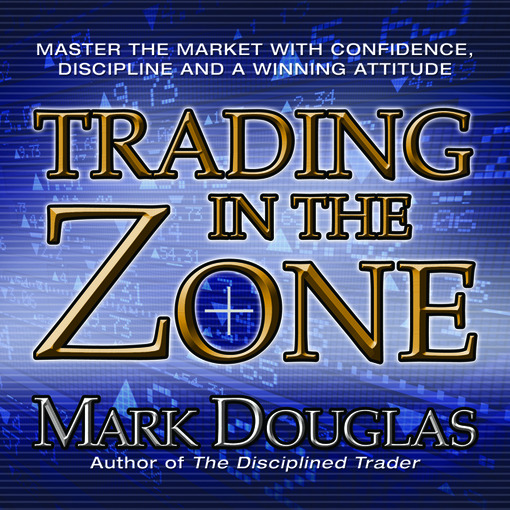* A trader views the market as an enemy to be conquered;
* A trader approaches the market as a puzzle to be solved;
* A trader sees the market as a paradise of potential riches;
* A trader regards the market as a mistress to be wooed;
* A trader views the market as a dangerous minefield;
* A trader looks at the market as a video game.
How do these metaphors affect our trading? Our emotional responses to trading?
How would being aware of our metaphors–and shifting them–change how we trade
and how we experience our trading?
This story is my favorite metaphor for the Stock Market.

I wonder what it says about my perception? Personally, I favor the puzzle to be solved approach.
“Once upon a time, in a village, a man appeared and announced to the villagers that he would buy monkeys for $10 each.
The villagers, seeing that there were many monkeys around, went out to the forest and started catching them. The man bought thousands at $10 and, as supply started to diminish, the villagers stopped their effort. He further announced that he would now buy at $20 for a monkey.
This renewed the efforts of the villagers and they started catching monkeys again. Soon the supply diminished even further and people started going back to their farms. The offer increased to $25 each, and the supply of monkeys became so small that it was an effort to even find a monkey, let alone catch it!
The man now announced that he would buy monkeys at $50! However, since he had to go to the city on some business, his assistant would now buy on behalf of him.
In the absence of the man, the assistant told the villagers. ‘Look at all these monkeys in the big cage that the man has collected. I will sell them to you at $35, and when the man returns from the city, you can sell them to him for $50 each.’
The villagers rounded up all their savings and bought all the monkeys. They never saw the man nor his assistant again, only monkeys everywhere!
Now you have a better understanding of how Stock Market works!


 1.) When it comes to trading, it turns out that the skills we learn to earn high marks in school, advance our careers and create relationships with other people, turn out to be inappropriate for trading. Traders must learn to think in terms of probabilities and surrender all of the skills acquired to achieve in virtually every other aspect of life.
1.) When it comes to trading, it turns out that the skills we learn to earn high marks in school, advance our careers and create relationships with other people, turn out to be inappropriate for trading. Traders must learn to think in terms of probabilities and surrender all of the skills acquired to achieve in virtually every other aspect of life.